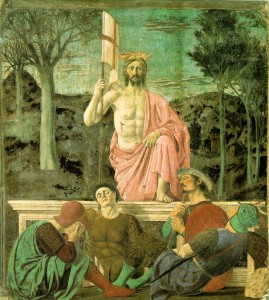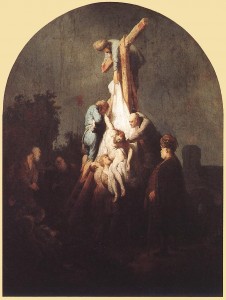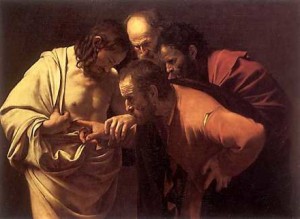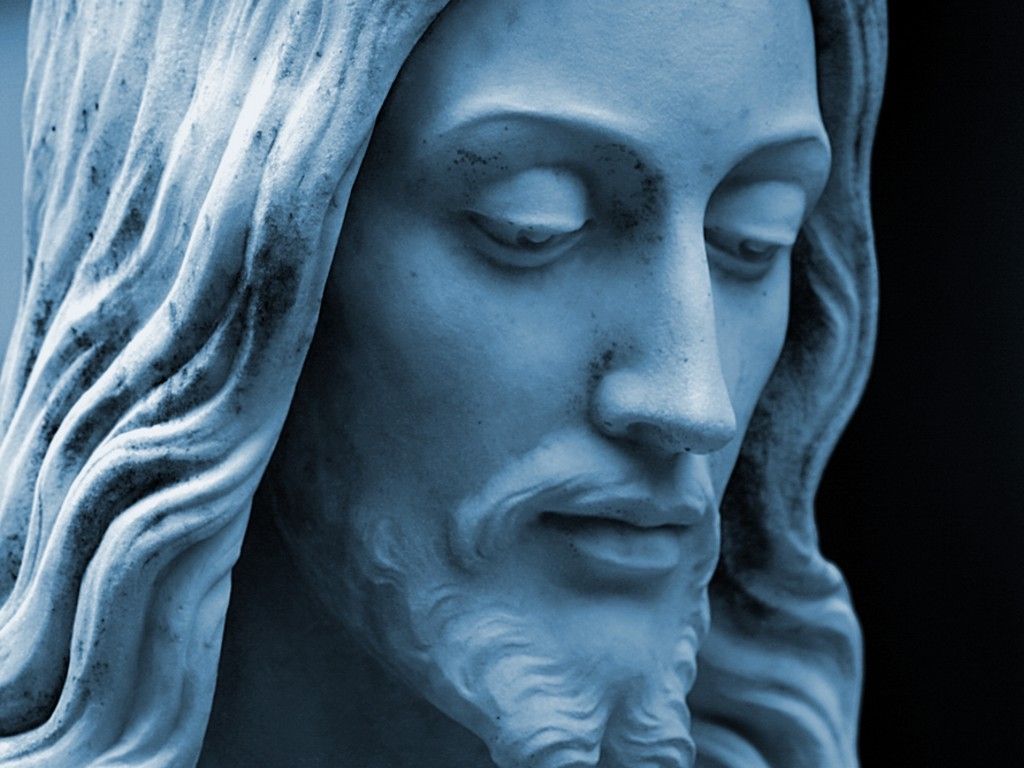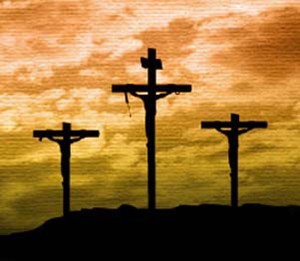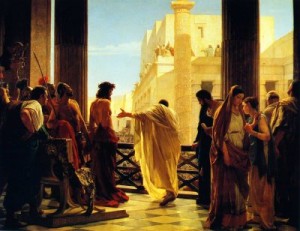
Love Shines in All Its Splendor at Calvary
For our sake he made him to be sin who knew no sin, so that in him we might become the righteousness of God.
2 Cor. 5:21 ESV
As Good Friday approaches, we rejoice in the greatest event in the history of humankind. Here at Golgotha, God the Father, proved his love for us. Here, God the Son, took our place and received our just condemnation. Here, God the Holy Spirit, drew us to saving faith and deep repentance. Here, God’s grace is magnified as greater than our sin. Here, the mercy of God and the holiness of God met and kissed one another fulfilling the conditions of God’s justice and grace. Here at Calvary, the Holy Trinity’s love is displayed to the world.
The Puritan prayer, “Love Lustres at Calvary,” describes this great exchange: we receive Christ’s holiness and forgiveness while Christ takes upon himself our guilt and just judgment. As an act of love, God gladly made this unfair, one sided trade of our selfishness and pride for Christ’s righteousness and holiness. Therefore, we can live a life of intimacy with the Father because Christ has made all things right. This great exchange means that we can live on a daily basis an exchanged life of victory.
At Calvary, the greatest of all exchanges occurred. Jesus Christ, the one who is fully man and fully God, truly innocent and without sin, took upon himself all our selfishness, rebellion, and hate and substituted his righteousness, forgiveness, and love. Christ bore the just judgment of God for our miserable sins, guilt, and shame. Some theologians call this act, double imputation. I call it glory.
We can daily live the exchanged life because Christ by his gracious grace made the exchange of our sins for his righteousness on the Cross. The exchanged life is not a one-time act, but a lifestyle lived as we abide in Christ, trusting the Holy Spirit to live Christ’s life in and through us.
Love Lustres at Calvary
My Father,
Enlarge my heart, warm my affections,
open my lips,
supply words that proclaim ‘Love lustres at Calvary.’
There grace removes my burdens and heaps them on thy Son,
made a transgressor, a curse, and sin for me;
There the sword of thy justice smote the man,
thy fellow;
There thy infinite attributes were magnified,
and infinite atonement was made;
There infinite punishment was due,
and infinite punishment was endured.
Christ was all anguish that I might be all joy,
cast off that I might be brought in,
trodden down as an enemy that I might be welcomed as a friend,
surrendered to hell’s worst that I might attain heaven’s best,
stripped that I might be clothed,
wounded that I might be healed,
athirst that I might drink,
tormented that I might be comforted,
made a shame that I might inherit glory,
entered darkness that I might have eternal light.
My Saviour wept that all tears might be wiped from my eyes,
groaned that I might have endless song,
endured all pain that I might have unfading health,
bore a thorny crown that I might have a glory-diadem,
bowed his head that I might uplift mine,
experienced reproach that I might receive welcome,
closed his eyes in death that I might gaze on unclouded brightness,
expired that I might for ever live.
O Father, who spared not thine only Son that thou mightest spare me,
All this transfer thy love designed and accomplished;
Help me to adore thee by lips and life.
O that my every breath might be ecstatic praise,
my every step buoyant with delight, as I see my enemies crushed,
Satan baffled, defeated, destroyed,
sin buried in the ocean of reconciling blood,
hell’s gates closed, heaven’s portal open.
Go forth, O conquering God, and show me the cross, mighty to subdue, comfort and save.
Arthur Bennett, ed., Valley of Vision: A Collection of Puritan Prayers (Carlisle, Penn.: The Banner of Truth Trust, 1975), 76.


